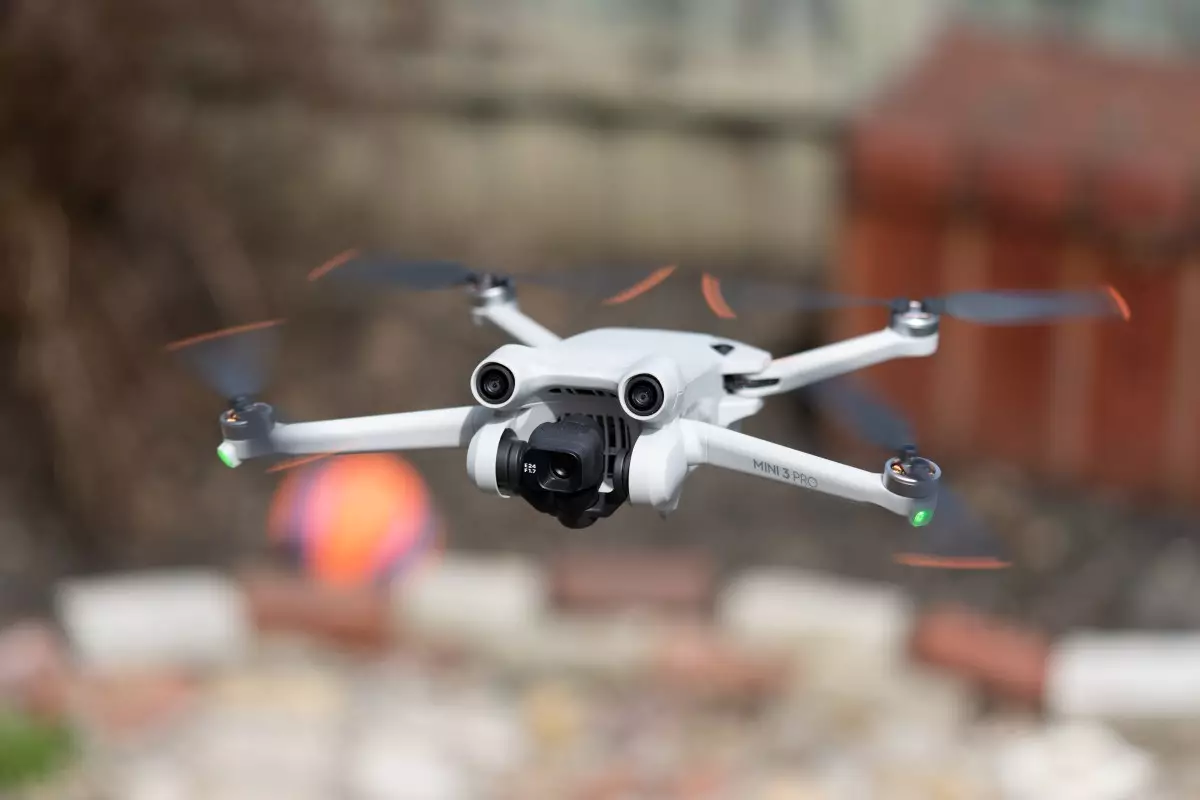In a remarkable turn of events, the Chinese drone manufacturer DJI has initiated a legal confrontation against the U.S. Department of Defense (DoD). The lawsuit, filed on a recent Friday, stems from DJI’s designation as a “Chinese military company” on a controversial DoD list. This legal action represents not only a defense against what DJI considers an unfair classification but also underscores the broader geopolitical tensions surrounding technology and national security.
For over sixteen months, DJI has sought to communicate with the DoD, aiming to clarify its position and alleviate concerns regarding its operations. As per a spokesperson from the company, prolonged negotiations were met with insufficient responses, prompting DJI to seek legal recourse as a last resort. This development illustrates the challenges faced by Chinese technology firms operating in a global landscape increasingly scrutinized for potential national security threats.
Claims of Misrepresentation
DJI firmly refutes the accusation that it is affiliated with or controlled by the Chinese military. The company emphasizes its focus on manufacturing consumer and commercial drones, distancing itself from military applications. The spokesperson highlighted the paradox within the DoD’s own acknowledgment, which recognizes DJI’s primary role in the consumer drone market rather than military engagements. This contradiction raises critical questions about the criteria used by the U.S. government to categorize foreign companies as military entities.
What adds to the tension is the history of regulatory actions against DJI. The company was first placed on the Department of Commerce’s Entity List in 2020, which severely restricted American companies from engaging in business with it. Subsequently, the Treasury Department included DJI on an investment blacklist, citing supposed involvement in human rights violations, particularly allegations tied to the monitoring of Uyghur Muslims in Xinjiang. Each of these designations has compounded DJI’s legal and operational challenges in the U.S., elevating the stakes for both the company and U.S. policymakers.
Broader Implications and Future Consequences
This ongoing situation not only represents a singular corporate dispute but also reflects a larger narrative about the intersection of technology, surveillance, and international relations. The digital age has ushered in unprecedented scrutiny of tech companies, particularly those with ties to nations perceived as strategic competitors. For DJI, the litigation signifies a fight for its reputation and operational viability within a key market.
As the legal battle unfolds, it will be crucial to monitor how the courts interpret the parameters of national security and corporate identity. Furthermore, the outcome may set important precedents for other foreign tech companies facing similar challenges in the U.S. The implications extend beyond DJI, potentially influencing diplomatic relations and international trade policies in the technology sector.
Ultimately, the lawsuit against the DoD represents a critical juncture for DJI as it seeks to clear its name and reaffirm its position in the global marketplace, while also navigating the complicated landscape of U.S.-China relations. As both sides prepare for what could be a lengthy legal process, the stakes are higher than ever—not just for one company, but for the future of international tech commerce and national security assessments.

